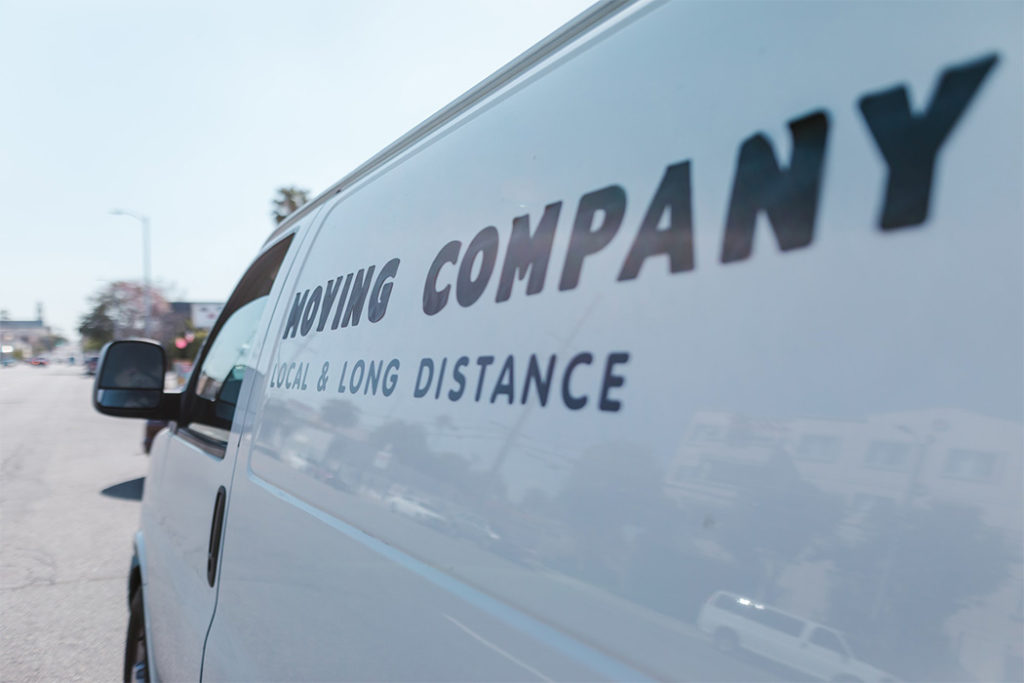The 5 W’s of Moving for a Job
Many questions come up when you’re planning a relocation and we’ll cover the most frequent ones in the following text. Carry on reading to find the 5 W’s of moving for a job.
When to move
The first W of your move is related to your moving date – when to move? So, how to choose your moving date? Is there one date or season that works for everyone or is this a totally individual thing? Well, the answer to that question is somewhere in between. You must know that off-season moves are much cheaper. Therefore May to August is not a good time to move if you’re looking to have an affordable relocation. Try moving during the winter months or before spring, as those months generally cost less since demand is not so high. Most people move during the summer months so don’t join them if you want to get lower rates. Also, mid-month moves and even mid-week moves will cost you less since most people choose weekends to relocate as well as the first days of the month because that’s usually when leases start.

On the other hand, your relocation may not allow you to be so flexible with dates, as you’ll have to consider other related to your job. Since you’re moving for work, you’ll probably have a starting date so you’ll have to work around that. But your employer may be flexible and you may have the option to work remotely. In that case, you can choose your moving date freely. If you have a signed lease, it may oblige you to stay longer than you thought. It can also give you the freedom to move out sooner. So, check all of the things that affect your decision to answer correctly to your WHEN question.
Who will be involved
Your next question has to do with executing the relocation, specifically who will take care of it? Do you plan on moving by yourself? If so, who will be your helpers? Could you ask friends for help or pay an hourly rate for moving labor services? Will you hire professional movers instead? The answer depends on your specific situation. Firstly, DIY moves are pretty common but they’re usually reserved for really short-distance moves, such as moving around the block or having only a very limited amount of items to move. Moving by yourself can be cheaper in some cases. But, you still must count on the cost of renting a moving vehicle, gas money, packing materials, helpers, and the time it takes you to complete the job.
Effort and stress are two more things to keep in mind when considering a DIY move. Things look completely different when we’re looking into long-distance moves, as they should always be left to professionals. Just imagine yourself driving a rental truck for several thousands of miles, crossing the borders, dealing with traffic jams, delays, various issues on the road, and if the weather gets bad, things get really ugly really fast. Due to all the trouble and complexity of the process, better stick with a trustworthy moving company if you’re looking for long-distance moving from NY, for instance.
One more thing to consider when deciding about who will conduct your move is whether you’re comfortable with doing one part of or entire job by yourself? Perhaps you’d rather have someone pack your things, load, transport, unload, and unpack everything. If you’re up for the most convenient option, then you’re looking into hiring an experienced full service moving company. So, that should be an easy answer to your WHO question.

Where to move
Naturally, you’ll need to figure out the details of your move, including the date and location. In order to get an estimate and to plan your relocation, you should decide on your next destination. If you’re still uncertain about where you’d like to live, consider your job’s specifics – for example, if you’re working remotely then you’ll have absolute freedom to choose but if you’re looking for a job in, let’s say tech industry, then you’re going to have to focus on cities where this particular industry is thriving. Also, where you move will affect moving costs since you’ll pay more when you move long-distance. So do your research and think things through before you reach out to movers and start creating a moving plan.
What’s the cost
The next question is how much does a moving company cost? Now that you have the most important details about your move figured out, it’s time you contact moving companies and request moving quotes. When moving for a job, always get at least three different quotes. That way you’ll be able to compare prices and see what works best. When comparing prices, always pay attention to the hidden costs of moving. Keep in mind that all reliable movers will offer an on-site estimate or alternatively, arrange a video chat so they could do a walkthrough of your home. So if you get an estimate without your house being inspected, you’re likely dealing with fraudulent movers and you should keep searching for another, trustworthy moving company.
Also, you should always get a free moving quote and you should never be asked to pay any money for this service – although you may be asked to deposit later on once you sign the contract, which is a pretty common practice. The most important thing regarding expenses when moving for a job is to contact your employer. The reason is that they may be willing to pay for some part or even cover the entire moving cost, so this is definitely a must when moving for work.

When to pay movers
While moving deposits are nothing unusual, you should know that paying movers before your relocation takes place is not required. No moving company will ask you to pay a huge deposit upfront, especially in cash. With that in mind, avoid hiring movers who ask for a large down payment because that’s the first indicator of fraudulent businesses. It is one of the early signs that can help you identify rogue movers. You may be asked to pay after your goods are transported but before they’re unloaded, which is common practice so there should be no reason to worry about that. And don’t forget that tips are not included in your moving bill so bring some cash for tipping your moving crew to show your appreciation for their hard work.
